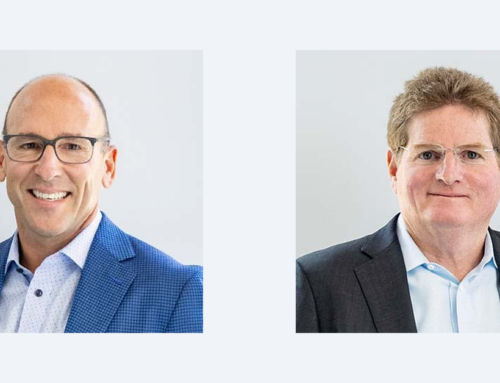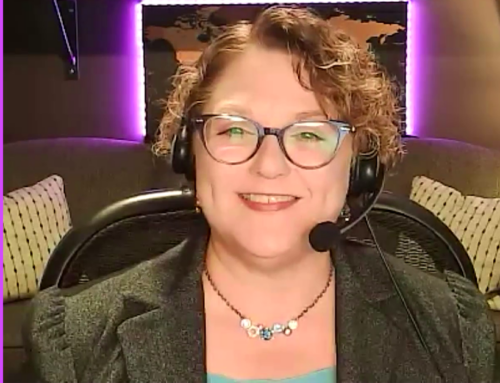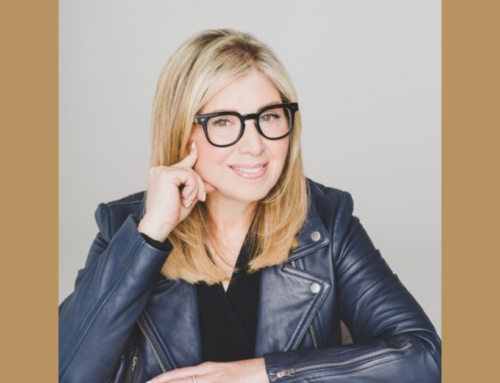The dopamine seeking bros of the subreddit WallStreetBets (WSB) are running amuck and causing havoc in a few speculative stocks and in the #silversqueeze. You could argue that we’ve seen this story before and we know how it ends–in tears. But WSB is actually another important signal amid much noise.
Like populism, the rise of WSB is a symptom of much bigger problems that our society has not solved. And these symptoms keep manifesting themselves in different ways. In January alone we had two riots, the D.C. “Capitol” and the WSB “Capital.”
WSB is just the latest manifestation of numerous divides we’ve been dealing with for decades including:
- The single-digit percenters versus the double-digit percenters
- Wall Street versus Pedestrian Street
- Elites rigging the system against the populace
- Conservatives versus Liberals
- Conspiracy believers versus truth seekers
- Individualism versus Statism
- Racial injustice and inequity
Many of these divides have existed for decades (or centuries), but what’s different now is that thanks to technology and social media, the ability of people to mobilize, share, and collectively express their anger—en masse—is like no other time in history.
Let’s look at WSB for a moment. These young, mostly male guys banded together and used the Robinhood trading app to pump certain stocks that were heavily shorted by hedge funds. Through their collective action—and others who piled on—the WSB’rs sent these stocks “to the moon” and created a short squeeze that resulted in billions of dollars of losses for some hedgies (and perhaps billions in gains for others).
Why should we care about WSB’s meme-driven, “tendie”-seeking trading? Because it’s sending another signal that there’s a generational change happening in the financial markets and in society as a whole.
The world that boomers (who are still mostly in control) grew up in is quickly disappearing. Here are three financial-related aspects of the boomer belief system that are no longer true:
- The 60/40 investment allocation rules. QE, MMT, the “Fed put,” software-coded investments (e.g., bitcoin), and yield curve control have rendered traditional portfolio thinking impotent.
- Capitalism rules. Generally speaking, the boomer generation has profited immensely from capitalism over the past 50 years. But the heavy concentration of those profits to a certain group of people, coupled with the Great Recession’s impact on millennials, has left millennials clamoring for a less concentrated distribution system (I didn’t say Socialism).
- Centralized control is a must. Boomers grew up with centralized control of money, banking, and investing. But now, rapidly developing blockchain technology allows for a decentralized, permissionless financial system that empowers individuals over institutions and government entities.
There’s so much more to this story, but what I want to do with this post is simply expose you to the idea that there’s a major generational shift underway that will dramatically change how we think about, use, and invest our money.
This change will affect not just our money but the entirety of society. And while “change” always happens, I think the degree and speed of change that’s happening now (and it’s been building since the mid-1970s), is on a scale we’ve never experienced in our lifetime.
If this makes sense to you, then what do you do? How do you advise your clients on investing when the world around us is rapidly morphing?
I don’t claim to have all the answers. But what I do well is ask the right questions and connect the dots. Then I communicate what I learn.
Here are a few of my thoughts:
- Read about WSB so you can talk intelligently about it. Your clients’ kids are talking about this stuff and they might even be part of WSB. They’re going to ask their parents about it (heck, my kids are asking me about it!). And then you’re going to get asked about it. Be prepared to explain what’s happening.
- Memes move stocks. The youngest generation of investors grew up on video games, Snapchat, Twitter, Facebook, and YouTube. They love memes and online communities. Now that they’ve turned their attention to the financial markets, aided and abetted by Robinhood and Elon Musk, look out. When they swarm, things move.
- The financial markets are broken and in for big change. WSB is the latest in a series of catalysts that indicate our financial system is in need of repair. I expect regulators/politicians to step in and do something (what, remains to be seen). But you know there’s a problem when Ted Cruz and AOC agree on something.

- Expand your investment universe. Stocks, bonds, real estate, and cash won’t be enough. Redefine the word “investment” to go beyond just things that spit out cash flow. I’ve had several conversations with advisors recently who think it can’t be an investment unless it has cash flow. For me, an investment is anything I purchase with the intention that it could go up in value. There’s cash flow and there’s capital gain. I’m open to both.
- Make investing great again. Over the past 20 years, many advisors have shifted to a long-term, passive, buy-and-hold investment strategy. I know this is an unpopular take, but I think the fastest growing advisors over the next 10 years will be those who make their investment strategy a much bigger part of their differentiation plan. I’m not talking about “you have to beat the market” or “market timing.” What I’m talking about is plain ol’ vanilla passive asset allocation will no longer command 1% of AUM. You’ll need to become more of a macro investor utilizing a wide variety of asset classes and manage them more actively than just periodic rebalancing. Anything short of that will only appeal to a shrinking slice of the population. This could mean more advisors outsource investment management while doubling down on planning advice.
You might completely disagree with what I’ve said here. That’s fine; I want to stimulate your thinking if nothing else. But the way I’m reading the tea leaves, big change is coming. Keep your eyes and ears wide open. Be perceptive about and receptive to what’s unfolding.
It’s big issues like I’ve described here today that caused me to start a new podcast called The Digital Money Advisor. In this podcast I introduce fresh voices to the advisor community and together we seek to understand the big shifts that are happening and what we should do about them.
I invite you to listen in. You can subscribe here.





